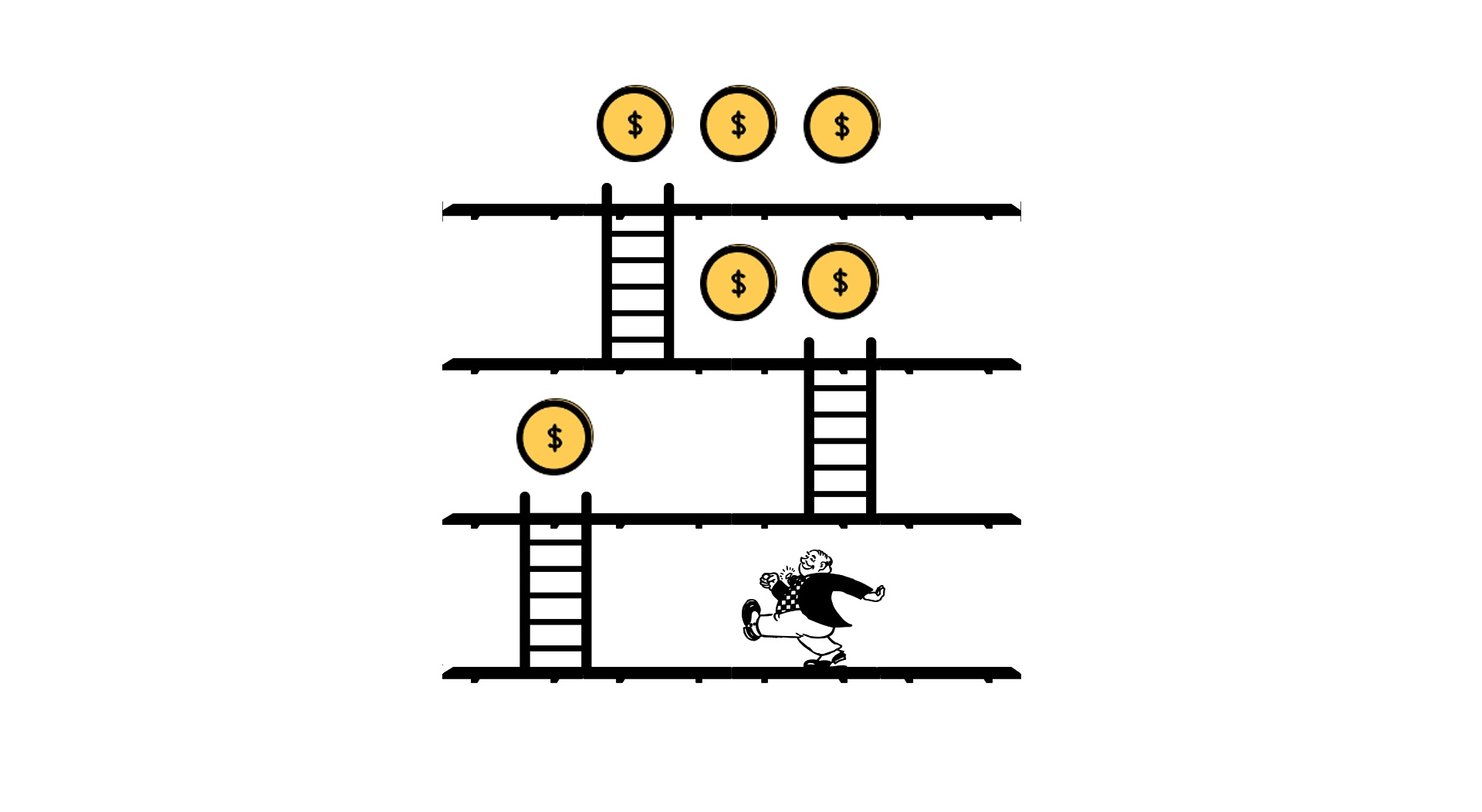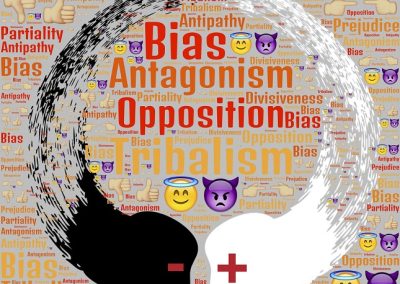Injecting a gaming experience into a training program increases its effectiveness and overall user engagement.
We have been talking of gamification since 2004, but it became a buzzword in 2010 after professor Jesse Schell‘s speech at Dice Conference in Las Vegas. He theorised a future when gaming should not be limited to specific objects or moments, but would influence any personal and professional activity. Maybe we haven’t come at that stage yet, but it’s true that gamification stepped into most organisations and it is now a powerful tool for marketing and sales, communication and trainings.
A game sets a goal, defines a challenge that participants can face alone or in a team, obeys to certain rules, introduces some risks, but also some entertainment. This mix makes gamification ideal to tell a story having users as active narrators, with the benefits of increasing comprehension and memorability of contents, as well as individual engagement.
Although the idea might well live in the analogue world, most companies leverage gamification as a digital experience and implement online and social games – for instance to launch a product or a loyalty program, pushing customers to become brand ambassadors. Some interesting applications relate to corporate trainings, specifically designed for Gen Y and Z employees, but proven to be effective with any team, at any level of the organisation.
Games are a meaningful way to learn how to manage the complexity that business leaders and employees deal with in their job, as games stimulate the application of problem solving techniques and the socalled cognitive redundance, that is the ability to analyse a situation from different view points to find more than one solution.
The US company Allstate Insurance CO. is an interesting case study. They used gamification to train employees about privacy policies. Each participant immersed into a game and embodies a superhero, fighting a villain who aimed at stealing customers’ data. Guidelines and instructions were given at certain stages, and users were asked to put them into practice, defining strategies and acting tools to prevent data theft.
Bluewolf, an IBM Business Partner, developed a reward-based game to share its social media policy across the organisation, inviting employees to contribute to corporate digital reputation.
Coca-Cola FEMSA, the Mexican-based public bottler of Coca-Cola products, supported an ambitious corporate transformation and leadership empowerment program with a gamified training initiative. About 850 managers and employees played with Pacific, a serious game where participants are brought to a desert island, face several challenges and are asked to build a hot-air balloon to escape the island alive. According to internal data, 100% of invited staff completed and appreciated the game, which had a positive impact on employee satisfation (+3 points vs. previous survey), and trust levels towards peers and supervisors (+2 points).




